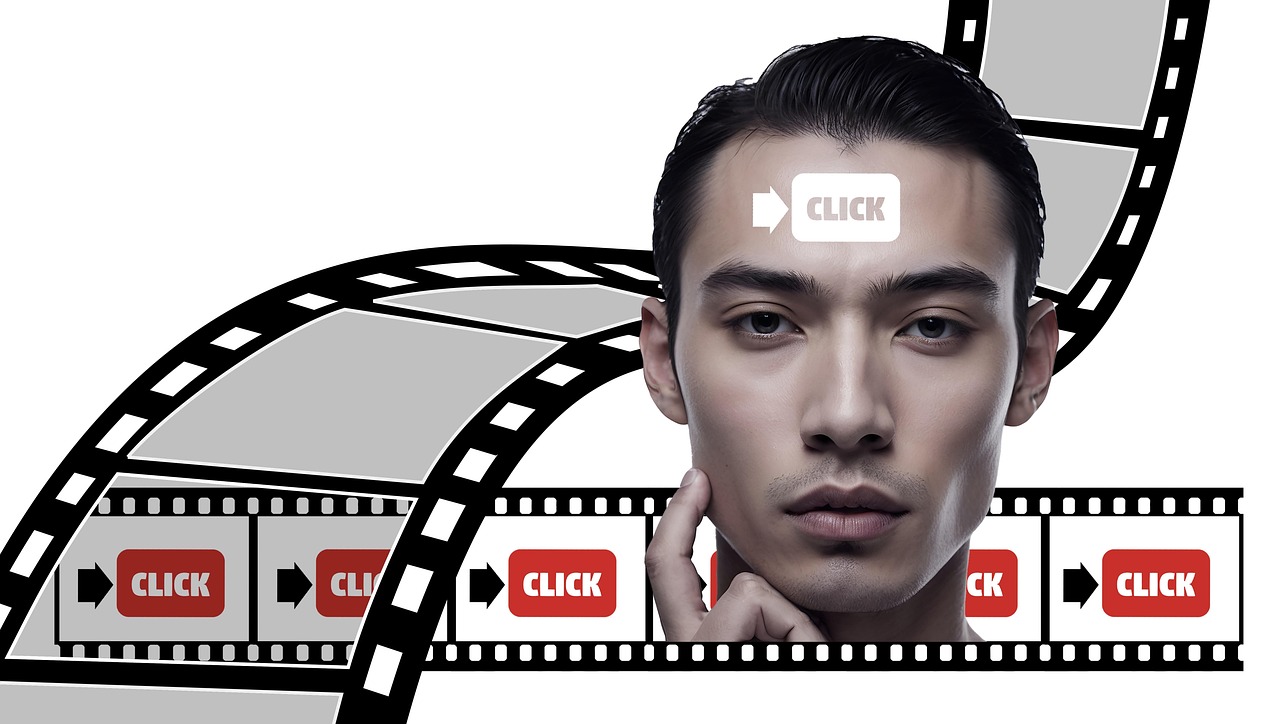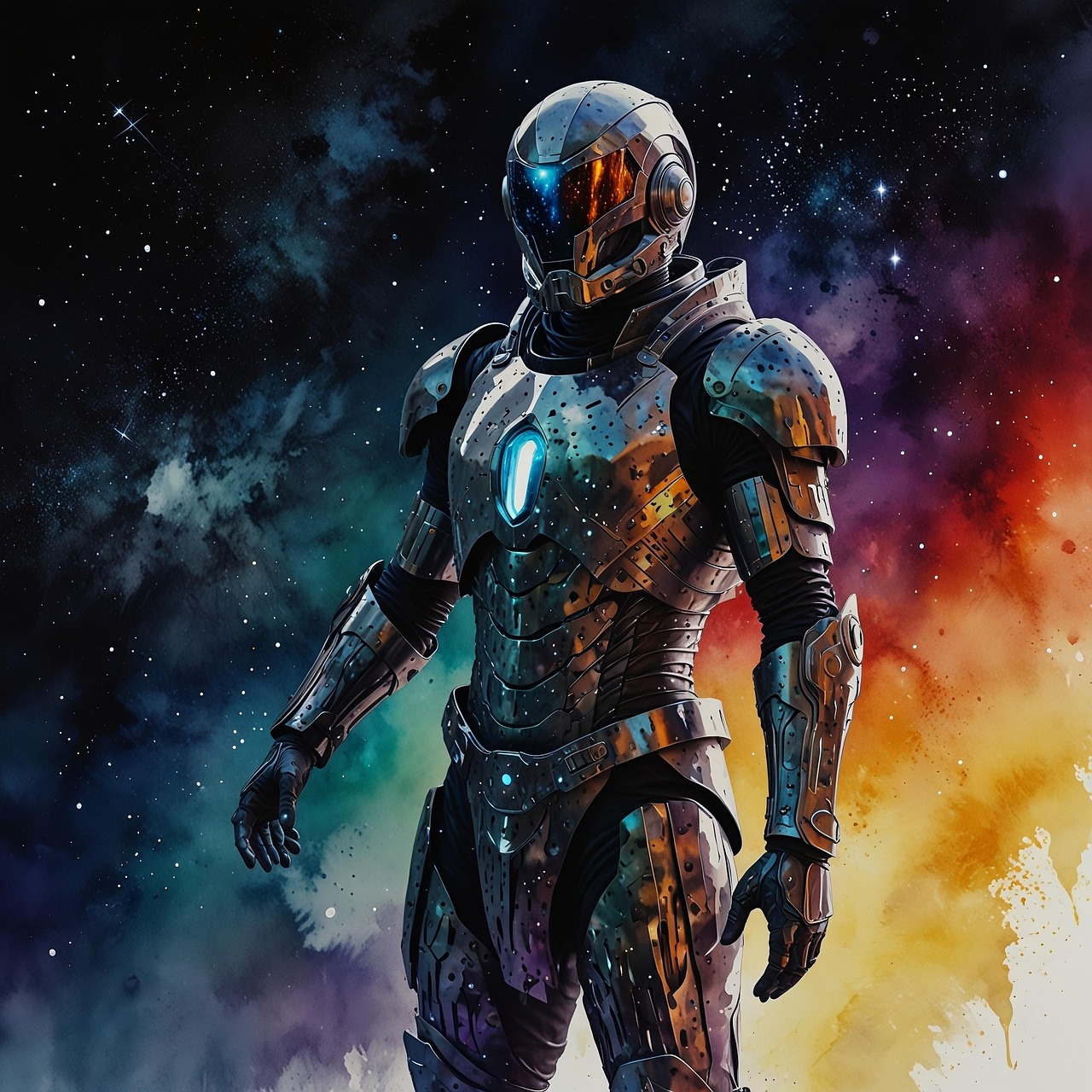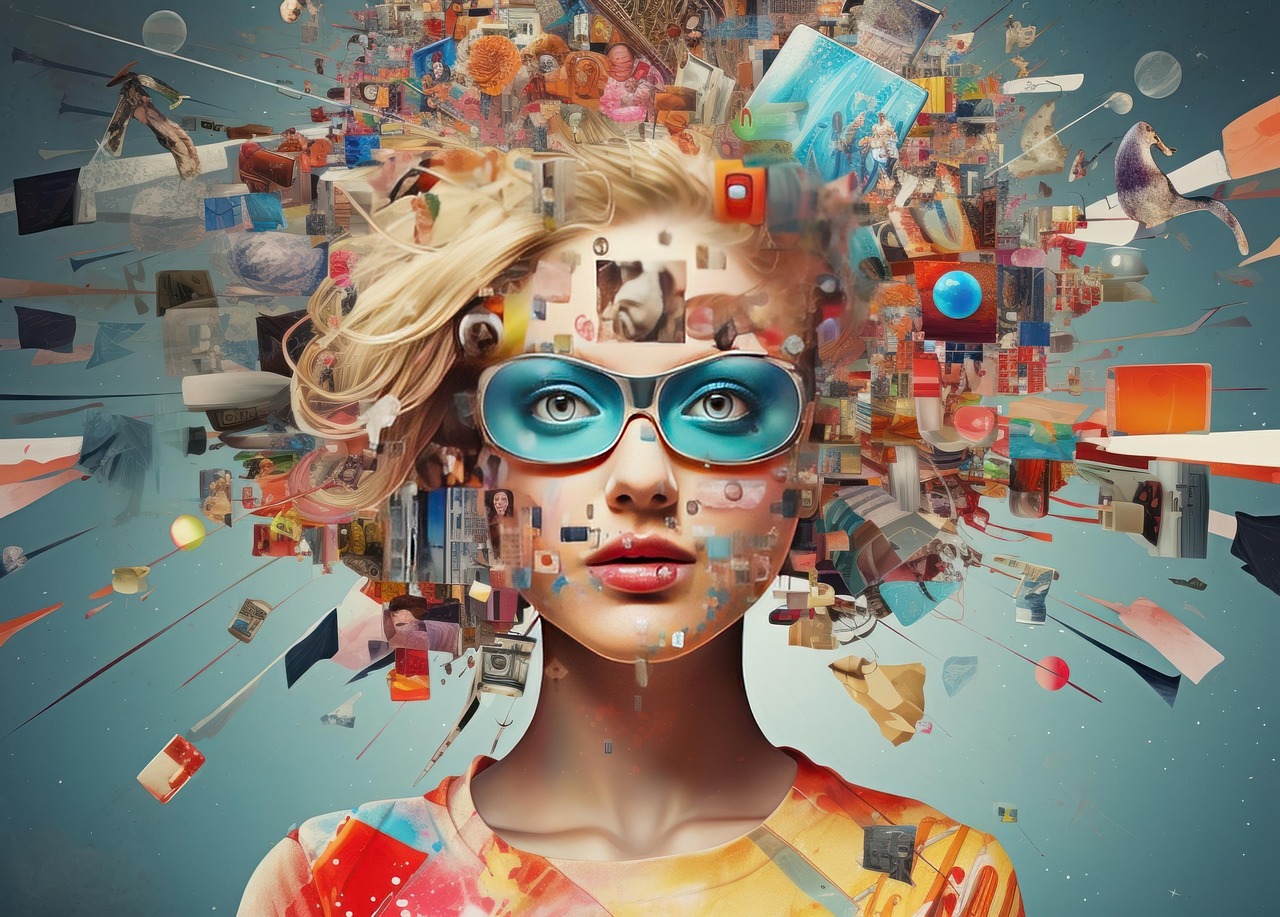Families of Robin Williams and George Carlin Condemn AI Deepfake Videos on OpenAI’s Sora Platform

Brief news summary
Families of late comedians Robin Williams and George Carlin have condemned AI-generated deepfake videos of their deceased relatives on OpenAI’s platform, Sora. Zelda Williams called these recreations violations of her father’s legacy and dignity, causing her deep emotional pain. Kelly Carlin-McCall similarly highlighted the daily anguish such disrespectful deepfakes cause her family, emphasizing the emotional toll of misusing the likeness of the deceased. OpenAI defends Sora by citing free speech, public interest, and creative engagement with historical figures, while acknowledging challenges around digital likeness rights. The families stress that current laws inadequately protect posthumous image and likeness use, leaving AI recreations vulnerable to exploitation. The launch of Sora 2, allowing realistic short video creation, intensifies ethical concerns about consent, respect, and deceased privacy. This controversy prompts urgent debates on ownership, regulation, and ethical AI use involving departed individuals, underscoring the need for stronger safeguards from industry and lawmakers to balance innovation with ethical responsibility and uphold human dignity in the digital age.Family members of the late legendary comedians Robin Williams and George Carlin have publicly condemned the use of artificial intelligence technology to create deepfake videos of their deceased loved ones on OpenAI’s video platform, Sora. This emerging practice has sparked significant controversy, with relatives emphasizing the emotional toll and ethical concerns about digitally resurrecting beloved public figures without permission. Zelda Williams, Robin Williams’ daughter, has been particularly outspoken, calling for an immediate halt to AI-generated recreations of her father. She described these videos as violations of his legacy and a profound affront to his dignity. Zelda expressed deep sorrow over seeing her father portrayed in synthetic media beyond his control, highlighting the pain families endure when forced to witness such unauthorized digital representations. Similarly, Kelly Carlin-McCall, daughter of George Carlin, shared her distress at receiving daily emails containing AI-generated deepfake videos of her father. She stressed that misusing his likeness invades the family’s privacy and disrespects the memory of a man who made immense contributions to comedy and social commentary. These repeated images cause significant emotional anguish, reminding families of their loved ones’ absence and public misrepresentation. OpenAI, developer of Sora, responded by citing concerns related to free speech and public interest. The company asserts a public right to depict historical figures through emerging technologies, framing Sora as a tool for creative expression and cultural engagement with the past. OpenAI maintains their policies aim to balance technological innovation with respect for individual rights, though they acknowledge the complexities surrounding digital likenesses. The families dispute this position, noting that deceased individuals cannot consent to use of their images and voices in AI content.
This highlights a legal gray area concerning posthumous likeness rights, which currently lack comprehensive regulations. Existing legal frameworks often fail to protect reputations or dignity after death, leaving families vulnerable to unauthorized commercial and artistic exploitation of their relatives’ digital representations. Released on September 30, Sora 2, the latest version of OpenAI's platform, allows users to create realistic videos up to ten seconds long. This reflects a growing industry trend of using AI to digitally resurrect famous personalities. While praised for creative potential, this technology faces scrutiny over ethical dilemmas involving consent, authenticity, and respect for the deceased. The controversy involving the Williams and Carlin families spotlights a critical, evolving frontier in technology and ethics. It calls for urgent discussions about ownership of digital likenesses after death and how such representations should be responsibly managed. Industry leaders, legal experts, and policymakers increasingly recognize the need to establish clear rules and protections governing AI-generated content featuring deceased individuals. As AI-driven deepfake technology rapidly advances, society must carefully consider its impact on personal rights and cultural memory. The emotional reactions from these families remind us that behind digital innovation lie human stories of loss and respect. The unfolding debate underscores the necessity of balancing technological progress with honoring the dignity of those who have passed, ensuring innovation does not override ethical responsibility.
Watch video about
Families of Robin Williams and George Carlin Condemn AI Deepfake Videos on OpenAI’s Sora Platform
Try our premium solution and start getting clients — at no cost to you















